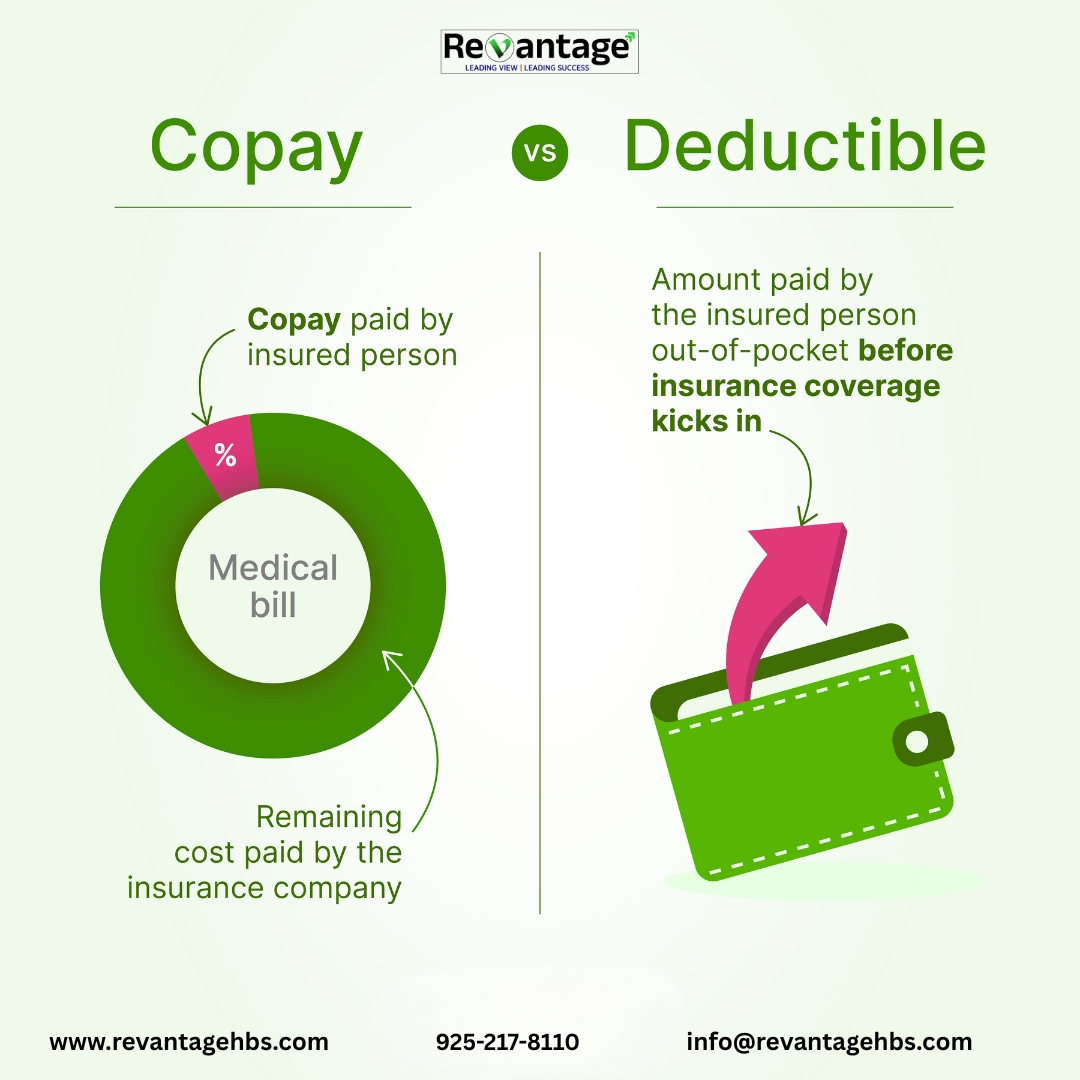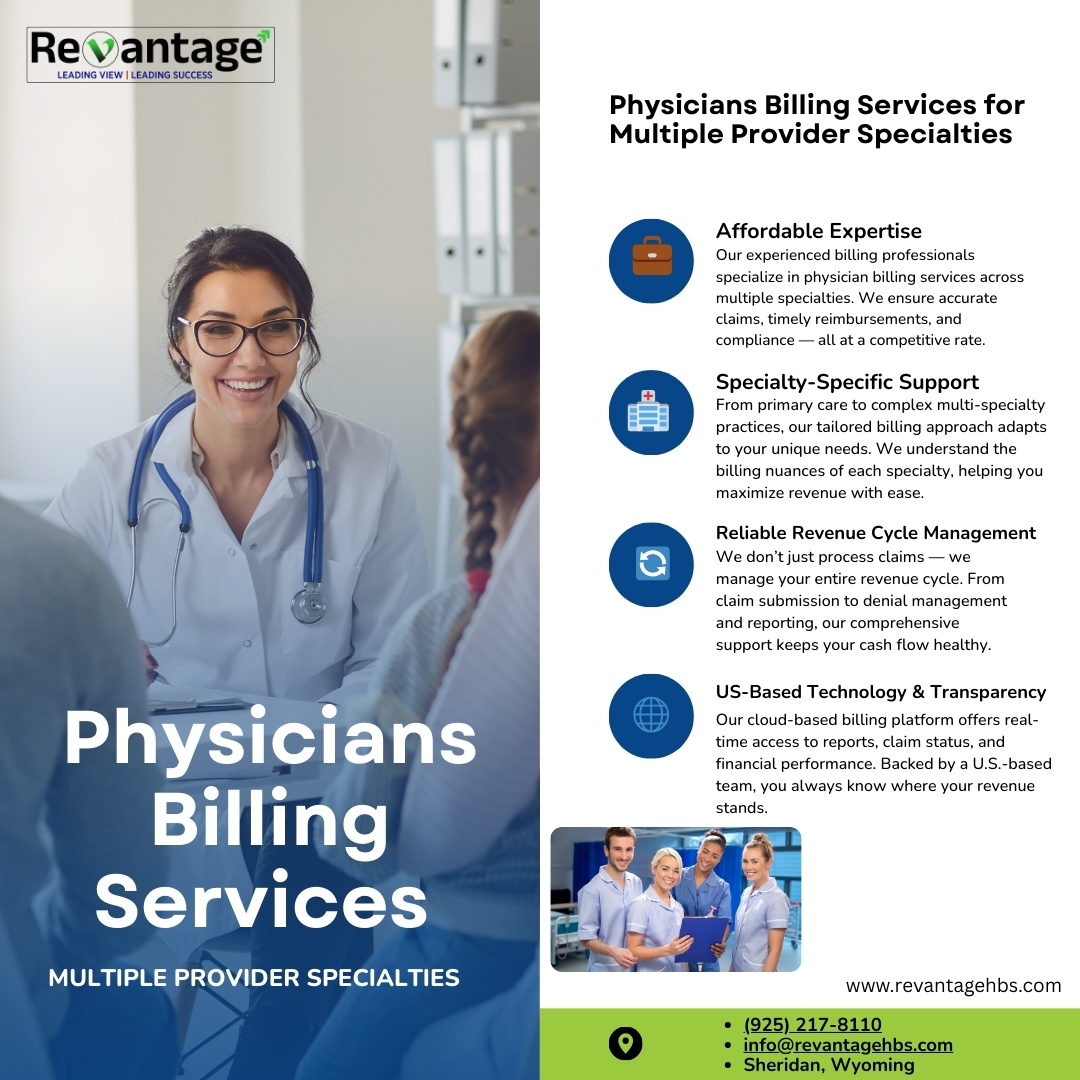What is Medical Billing?
When applying for medical billing, we mean converting a service into a billing claim so that healthcare providers get paid for what they do. Under this process, patient charts are reviewed to determine charges for the services billed, followed by claiming the insurance or the patient.
In the U.S., a mainly private healthcare system, the insurance company shoulders much of the blame for the billings. Medical billers are responsible for everything from registering a patient to submitting claims and posting payments, making them an essential cog in the wheel of the health industry.
Types of Medical Billing
Medical billing practices vary according to the setting of medical care:
- Professional Billing:
This is for services provided by physicians and other health practitioners who are not in an institutional setting, which covers services for both ambulatory and institutional patients. Claims are usually submitted electronically through the 837-P form, which is the electronic version of the CMS-1500 form. - Institutional Billing:
This includes billing for services conducted in institutional settings-for example, a hospital or a nursing home, including laboratory and radiology services. Charges are made on the UB-40 form or its electronic counterpart, the 837-I.
In the medical billing system Medical Billing Process
- Patient Registration/Check-in: the collection of some important information about the patient including insurance-related data.
- Insurance Verification and Eligibility: This is to confirm the insurance’s accuracy and eligibility of the proposed procedures.
- Patient Demographics Entered into PMS: Record-keeping occurs for various aspects of his/her demographics including age, gender, and race, for such goes under the auspices of statistical analysis or otherwise might only be important for treatment considerations.
- Obtaining Medical Records for Coding: This is where the medical coder collects all the necessary medical records that would ensure accurate coding.
- Charge Entry: Assigning monetary values to the performed procedures, resulting in a claim ready for submission to the insurance company.
- Claims Submission to Insurance Companies: Transmission of the completed claim to the insurer representing it for consideration. Where it fails, the biller modifies and amends the record to reflect the denial.
- Payment Posting: Identifies any discrepancy in recorded payments against which revenues are recorded to maintain the accurate nature of financial records.
- Accounts Receivable Follow-up: Ensuring that responsible parties, such as patients or insurance companies, will pay the claims in a timely manner.
- Denial Management: Reasoning out and getting denied claims to appeal for rightful payments.
- Reporting to Client: Generating reports that include key metrics like payments and procedures for the healthcare institution to use in reviews. Medical billing vs. Medical Coding Medical Billing—While both involve closely related fields, they are actually quite different from one another.
- Medical Coding: The process of converting medical procedures and diseases into code or magnetic numbers.
- Medical Billing: The process of use of these codes within an organization or by the patient to generate claims or bills for insurance or self-payments, defining the ‘responsible’ and ensuring payment occurs.
Responsibilities of Medical Billers:
- Gathering insurance and demographic information from patients.
- Filing insurance claims and billing the patients.
- Following up on claims and bills when needed.
- Correcting rejected claims and appealing denied claims.
- Preparing management billing reports for analysis.
Thus, the medical billing process has been divided into two stages:
- Front-End Billing: This refers to the patient-facing activities that occur pre-encounter of the patient with the medical professional check-in and insurance verification.
- Back-End Billing: Refers to the number of steps carried out after the patient is seen to ensure accurate and timely movement of medical claims and reimbursement, including charge entry, claim scrubbing, and claim submission.
Noteworthy Benefits of Being a Medical Biller
The following are the advantages of a career in medical billing:
- Job Growth: The U.S. Bureau of Labor Statistics forecasts a 7% growth in employment of medical records specialists, such as medical billers, from 2021 to 2031 and an average of about 14,900 job openings each year.
- Non-Clinical Role: If one is interested in working in healthcare but not in direct patient care, medical billing is a profession indirect to patient care work.
All in all, medical billing is an integral part of the healthcare system, ensuring that healthcare providers receive proper payment for their work. It provides the necessary skills of detail, medical coding, and knowledge of insurance procedures.
Why Choose Revantage Healthcare
It is a sight different from anything in healthcare to forge a career in medical billing. With Revantage Healthcare Business Solutions, we are engaged in providing comprehensive solutions that can aid in streamlining the respective administrative process so that healthcare providers can concentrate on quality care for the patient. Applying our expertise in medical billing, coding, and revenue cycle management, Revantage Healthcare Business Solutions stands out as a partner the entrants of this important line of work can trust.
revantagehbs.com
This means you are contributing to the efficiency and financial health of healthcare practices and the experience of patients. The demand for skilled medical billers continues to be strong and offers a rewarding career path into an evolving future. Revantage promises to assist you in attaining operational excellence and provide the support and resources necessary for you to excel in this dynamic career arena.
1. What types of certifications does the American Medical Billing Association (AMBA) offer for professionals in the medical billing field?
The AMBA offers the Certified Medical Reimbursement Specialist (CMRS) certification, a voluntary national credential for medical billing professionals.
EN.WIKIPEDIA.ORG
2. Are there remote medical billing and coding jobs available for entry-level professionals?
Yes, remote medical billing and coding jobs are available for entry-level professionals, though they may require relevant certifications or training.
3. How can I find reputable medical billing jobs that offer remote work options?
To find reputable remote medical billing jobs, search on job platforms like Indeed or LinkedIn, and explore the career sections of healthcare organizations.
4. What is the minimum monthly payment typically required on medical bills, and how can patients negotiate payment plans?
Minimum monthly payments on medical bills vary by provider. Patients can negotiate payment plans by contacting the billing department to discuss affordable options.
5. What qualifications are necessary to secure medical coding and billing jobs, especially for remote positions?
Qualifications typically include certifications like the CMRS, CPC, or CCA, and proficiency with medical coding systems such as ICD-10 and CPT.






